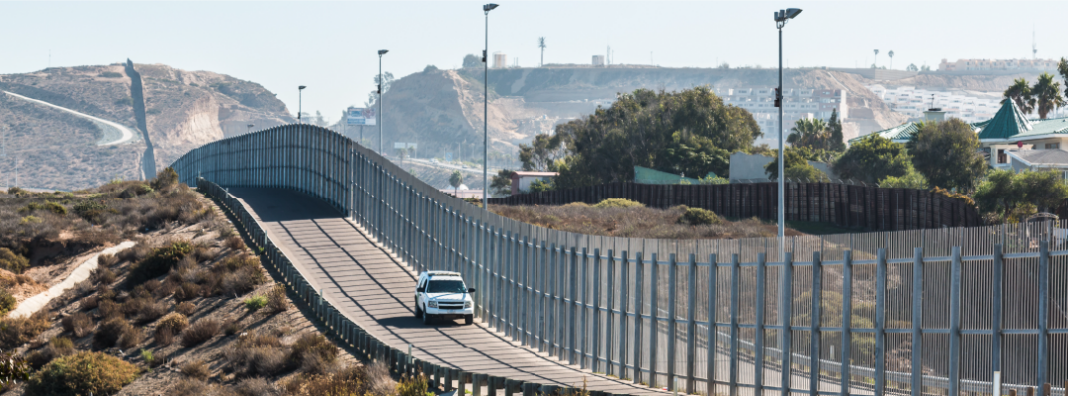
Originally published by the Sun Sentinel.
Americans widely believe two things about immigration. First, it’s not controversial to want a secure border. Second, immigration has been an asset to the country. So where are the politicians marrying these to get immigration reform done?
The central problem is a political one. Too many politicians want to emphasize their preferred fixes without making real offers of compromise. This results in a continual stalemate on reforms because it ignores how the political system works. The name of the game is compromise.
The leading immigration reform bill in Congress has been running into this problem. It represents a compromise combining border security investments with legal reforms. Yet, it’s facing an uphill battle.
This is despite the bill making significant concessions to border hawks. The Dignity Act has all the teeth that an effective border security program needs. For every dollar that we spend today, the bill adds fifty cents — raising our total spending from about $25 billion to about $35 billion.
At the same time, the Dignity Act is no free ride for those who break the law. It requires that people come out of the shadows and pay fines for crossing the border illegally. You can think about this like a speeding ticket — it’s a first step for them to make up for it.
A recent Congressional Hispanic Caucus meeting put this failure to understand the politics of immigration on display. When the caucus met to discuss the Dignity Act, Democrats in safe Californian seats complained that the bill isn’t what President Joe Biden proposed to Congress. It’s no surprise that this argument doesn’t move Florida Republican Rep. Maria Salazar, one of the Dignity Act’s original sponsors. But it also shouldn’t be a surprise that Texas Democrats, like Dignity Act sponsor Rep. Veronica Escobar, are trying to take a harder line than Californian Democrats would like.
If you want to pass reforms, rather than just talk about them, then you need a marriage of what both sides want. Democratic lawmakers in deep blue California shouldn’t hold out for an idealized version of immigration reform. It will never materialize.
To be clear, it’s not just people on the left holding up immigration reform. Republicans have their own sacred cow: the idea that any policy qualifies as “amnesty” if it even slightly opens the U.S. to more immigrants. In 2022, when an earlier version of the Dignity Act was moving forward, Salazar noted that her fellow Republicans couldn’t pinpoint the amnesty in her bill. When she asked them to give her a definition, none of them could.
The truth is, as Salazar emphasized at the Dignity bill’s original announcement, Republicans are confusing “amnesty with dignity.” The Dignity Act is a perfect example of how reforms to immigration rules can be combined with border security in a way that makes both Border Patrol and legal pathways more effective.
If reforms like the Dignity Act can find a way through the political maze, they will represent a huge benefit to the country. The combination of increased legal pathways and border security efforts reinforce each other. They work best together. Border barriers have their place, but research shows they deter illegal immigration more effectively when migrants know future legal immigration is a possibility. Migrants are more likely to wait their turn.
On top of this, if you have simple and established legal paths, then you are better able to sort out the bad actors trying to sneak across the border. Today’s failure to create meaningful guest worker programs means that bad actors and those simply in search of a better life are difficult to distinguish. This is what Victor M. Manjarrez, a former border patrol agent turned academic, calls the masking effect. Legal reforms have the benefit of unmasking the minority that are actual public safety threats.
The real lesson for those serious about border security is this: Border security and immigration reform are not opposing goals. Instead, they are two sides of the same coin. An investment in one strengthens the other. Legal immigration reform bills like the Dignity Act are not bleeding-heart humanitarian efforts. They are key ingredients in a robust border security system.
In the end, $35 billion worth of border security, when it comes hand-in-hand with immigration reform, will make America stronger and more secure. That should be something everyone can celebrate.


 South Florida Sun Sentinel
South Florida Sun Sentinel Rep. María Elvira Salazar
Rep. María Elvira Salazar